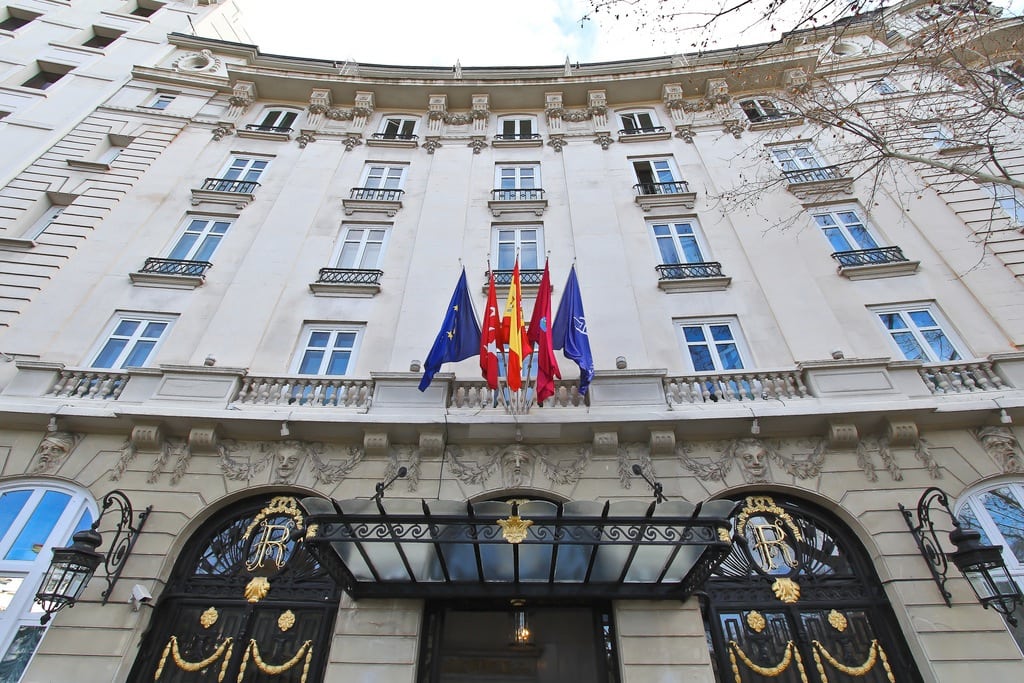Skift Take
Orient-Express Hotels may one day feel some seller's remorse in not taking the Indian Hotels merger offer as it would have meant a 43 percent premium on its recent stock price.
Orient-Express Hotels Ltd., the property owner that rejected a takeover offer from Indian Hotels Co. last year, is focusing on increasing profits and its share price before considering mergers, according to its chief executive officer.
John Scott, hired in November after the Hamilton, Bermuda- based company rejected the Indian Hotels bid, is renovating and expanding Orient-Express’s portfolio of more than 30 luxury hotels along with trains, riverboats and restaurants that include the Copacabana Palace in Rio de Janeiro and the Venice Simplon-Orient-Express train.
“My job is to make sure we have a solid business model and that we are growing earnings and getting our stock price up,” Scott said in a telephone interview. “If we do that, it leads to opportunities. Then we can look at mergers and acquisitions more aggressively. If approached at that point, the board would take it seriously.”
Indian Hotels, in collaboration with other entities associated with Mumbai-based Tata Group, in October offered to buy the 93.1 percent of Orient-Express it doesn’t already own for $12.63 a share. The unsolicited bid was 43 percent higher than Orient-Express’s 20-day average price at the time, a record premium for the industry, according to data compiled by Bloomberg. Orient-Express peaked at $64.80 in October 2007, before the global financial crisis, and has since plunged more than 80 percent. It closed at $11.84 on May 31.
Board Deliberated
“The board deliberated on the offer and concluded that it was not the right price nor the right time from a macro and micro perspective,” Scott said. “We had a number of openings going on when the takeover offer came in but our Ebitda was down based on renovations that were ongoing,” he said, referring to earnings before interest, taxes, depreciation and amortization.
Orient-Express — which in March opened the El Encanto in Santa Barbara, California, after spending more than two years rebuilding the luxury boutique hotel — is searching for management and ownership deals in regions where it already operates.
In North America, the company is focused on New York, Los Angeles and Miami, and in Europe the company is in “active talks” for two hotel management contracts in London and on a “couple of different opportunities” in Rome, said Scott, who was president and CEO of luxury-hotel chain Rosewood Hotels & Resorts before joining Orient-Express. The company, which owns New York’s 21 Club restaurant and Hotel Cipriani in Venice, Italy, also is looking to expand its luxury-train service in Europe, Scott said.
Asset Sales
Aside from new management contracts and the completion of renovations, which include adding and updating rooms or converting them into higher-priced suites, Orient-Express also is trying to sell some assets it doesn’t consider essential, Scott said. The company said in a May 3 filing that it plans to seek buyers for as many as three properties, giving it proceeds of as much as $70 million.
Indian Hotels — the country’s biggest hotel operator, with properties including the Taj Mahal Palace in Mumbai and the Pierre Hotel in New York — has held a portion of Orient-Express since 2007, when it paid $211.3 million for a stake in the company. Soon after the purchase, Orient-Express rejected an attempt by Indian Hotels to pursue strategic discussions.
— Editors: Daniel Taub, Christine Maurus
To contact the reporter on this story: Nadja Brandt in Los Angeles at [email protected]
To contact the editor responsible for this story: Kara Wetzel at [email protected]
![]()
Have a confidential tip for Skift? Get in touch
Tags: orient express
Photo credit: The Hotel Ritz Madrid is one of Orient-Express Hotels' 30 properties, including luxury hotels, restaurants, ships and trains. flickr.com
